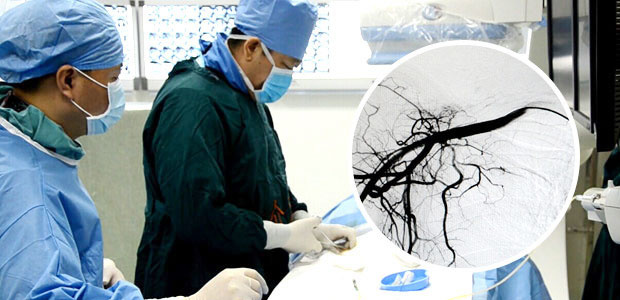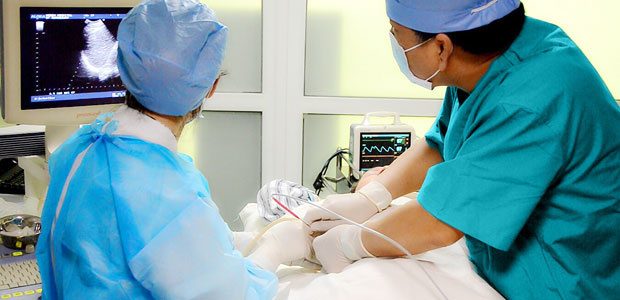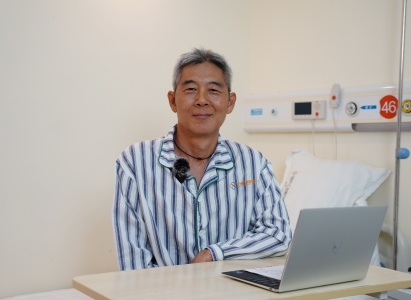Kidney cancer accounts for about 2% of global cancer cases and renal cell carcinoma is the most common type. According to the Malaysian Oncology Society, based on the National Cancer Registry (NCR) reports from 2003 to 2005, in Malaysia, Chinese Malaysian suffer from kidney cancer and other urinary cancers the most, accounting for an average of 50%. Malay is the second, and Indians are the least. Can kidney cancer be cured? Early detection is an important factor in improving the survival rate of kidney cancer.
In addition, choosing the right treatment is also a key factor in improving the survival rate of kidney cancer. The minimally invasive technique with small side effects, small trauma and quick recovery can prevent kidney cancer patients from kidney resection and sufferings from traditional radiotherapy and chemotherapy.
If you are diagnosed with cancer, please consult online doctors for more information.
Classification of Kidney Cancer
The kidney is made up of different types of cells. The type of cancer a patient has is dependent on the cell type of the cancer. Renal cell carcinoma is the most common type of kidney cancer in adults and is also known as renal cell adenocarcinoma. The main types of renal cell carcinoma are: renal clear cell carcinoma (75%), papillary renal cell carcinoma (10%), and chromophobe renal cell carcinoma (about 5%).
Kidney Cancer Stages and Corresponding 5-year Survival Rate
Kidney cancer Stage I: >80%,
Kidney cancer Stage II: 75%,
Kidney cancer Stage III: 60%,
If you are diagnosed with cancer, please consult online doctors for more information.
Treatment for kidney cancer
•Traditional Anti-cancer Technology
Surgical resection: Big Trauma, high risk, easy to have complications, not suitable for advanced kidney cancer patient. For locally advanced renal cancer, or metastatic renal cell carcinoma, radical resection of renal cancer cannot completely remove the tumor.
Radiation and Chemotherapy:Chemotherapy kills normal cells while killing cancer cells, resulting in damage to the immune system, and has toxic side effects such as: hair loss, vomiting, etc. It is not suitable for advanced kidney cancer patients.
•New Treatment Options for kidney cancer Patients-- Minimally Invasive Technology

Interventional therapy: with a 1-2 millimeter incision, anti-cancer drugs are directly given to the tumor, causing fewer side effects and drug concentration is 2-8 times higher than systemic chemotherapy, killing cancer cells more accurately.

Cryotherapy: compared with surgery, cryotherapy is associated with lower risks and less complications. Little bleeding and quick recovery; few damage to normal tissues and can be performed repeatedly to prevent recurrence of kidney cancer.

Radiofrequency ablation: Radiofrequency ablation (RFA) is a treatment that uses image guidance to place a needle through the skin into a kidney tumor. In RFA, high-frequency electrical currents are passed through an electrode in the needle, creating a small region of heat. The heat destroys the kidney cancer cells. RFA is effective treatment option for patients with one kidney or those who might have difficulty with surgery.

Seed Implantation: Implanted particles will keep emitting y-ray within the tumor, targeting to the cancer cells accurately; the radiation of seeds to tumor last for 180 days, high accuracy, millimeter minimally invasive; few toxic side effects and complications.

TCM & Western Medicine: Combination of traditional Chinese medicine and minimally invasive techniques can not only kill the cancer cells effectively, but also reduce toxic side effects, lower the rate of cancer recurrence, and greatly improve survival rate.
If you are diagnosed with cancer, please consult online doctors for more information.















